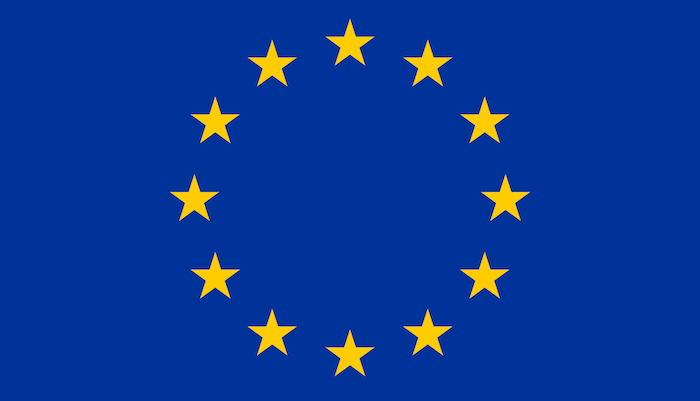
The European Union (EU) is unique. It is not a federal state like the United States of America because its Member States remain independent sovereign nations. Nor is it a purely intergovernmental organisation like the United Nations because the Member States do pool some of their sovereignty — and thus gain much greater collective strength and influence than they could have acting individually. They pool their sovereignty by taking joint decisions through shared institutions such as the European Parliament, which is elected by the EU citizens, and the European Council and the Council, which both represent national governments. They decide on the basis of proposals from the European Commission, which represent the interests of the EU as a whole. Text taken from Europa.eu
Getting Started with the European Union
All You Need To Know about the European Union (video below)
The European Idea – Council on Foreign Relations (video below)
Key European Institutions
The Council Presidency (video below)
The European Commission (video below)
The Building Blocks of the European Parliament (video below)
European Parliament Committees (video below)
Managing the European Economy
What Does the European Central Bank Do and How Does it Operate?
Democracy in the EU
European Democracy and the Language Question (video below)
Rights of Europeans
The European Court of Human Rights
EU World Politics
The 2015-2019 EU Action Plan on Human Rights and Democracy
The European External Action Service (EEAS)
EU Security
EU Common Security and Defence in Action (video below)
Common Defence Policy: Can European Armies Unite? – Talking Europe (video below)
The European Institute for Security Studies
Who’s in, Who’s out – Borders and the EU
Frontex – The European Border and Coast Guard Agency
Mapping the Limits of Freedom: EU Borders – Didier Bigo and Elspeth Guild (video below)
Transparent EU
EU Live
EuropartTV – Debates in Livestreams
Schedule for Upcoming Livestreams